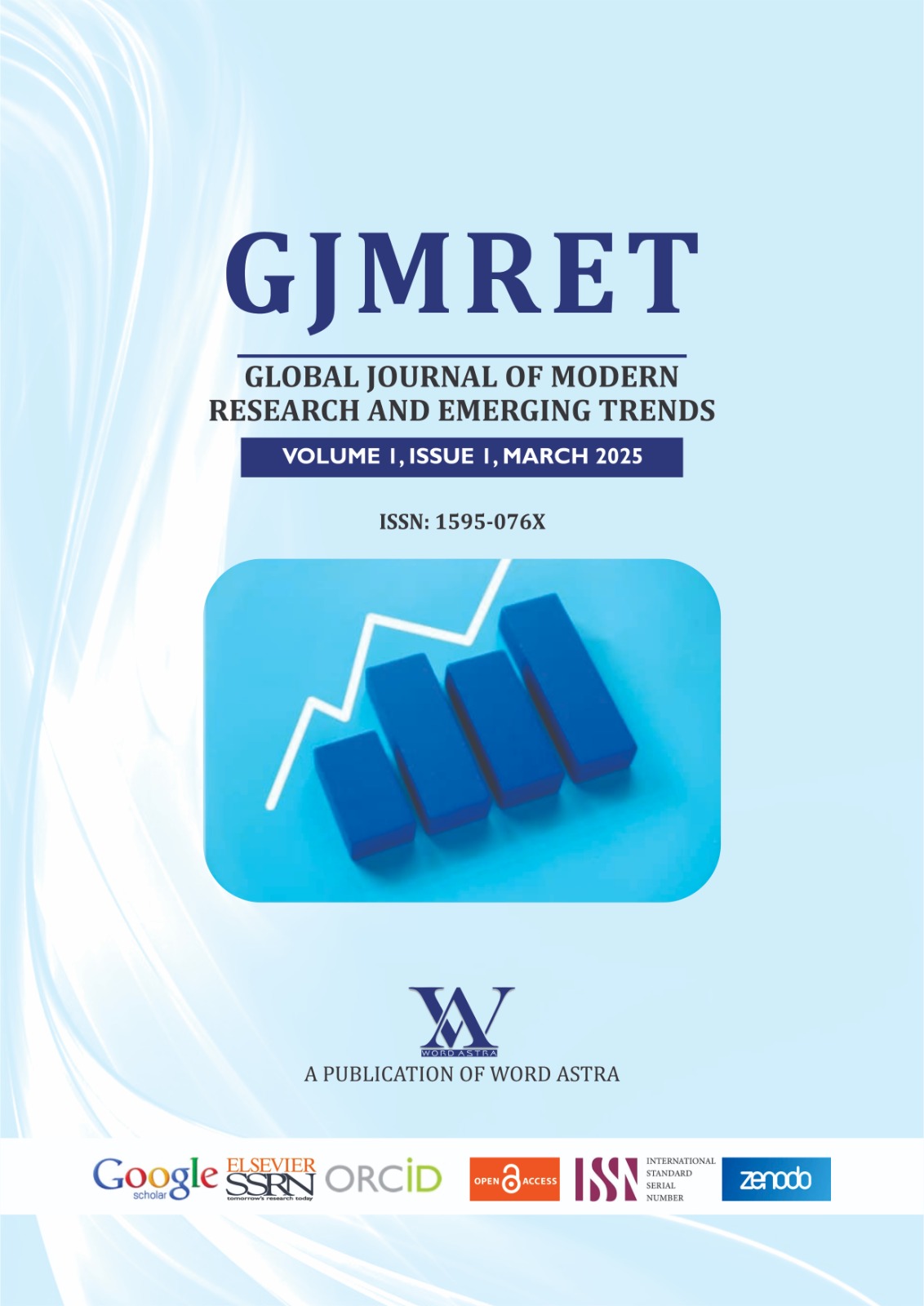
Oil Prices, Agriculture and Industrial Sector Performance in Nigeria
Abstract This study employed time series data from 1981 to 2024 to analyse the effects of oil prices and agricultural sector performance on the industrial sector in Nigeria. The annual time series data were sourced from the Central Bank of Nigeria Statistical Bulletin (2024) and the World Bank Development Indicators (2024). A unique emphasis of this study is the decomposition of agricultural output into crop production, livestock, forestry, and fisheries. The researcher utilised a system of dynamic equation modelling for the analysis. Due to the mixed order of integration in the time series data, the Autoregressive Distributed Lag Model (ARDL) was selected as the primary estimation technique. The findings revealed that increases in oil prices, crop production, and fishery production positively influenced Nigeria’s industrial output. Conversely, an increase in foreign direct investment was found to decrease industrial output, while a rise in the value of the dollar had a positive effect. The study concluded that agricultural output and practices, particularly crop and fishery production, are significant drivers of industrialisation in Nigeria. These sectors serve as the primary channels through which agricultural productivity impacts industrial growth. Based on these findings, the study recommends that the Nigerian government prioritise agricultural development by promoting the use of machinery in agricultural production and emphasising crop production as the main source of food for the population. Such measures could shift public perception of agriculture and enhance its contribution to industrialisation.
Download Article


